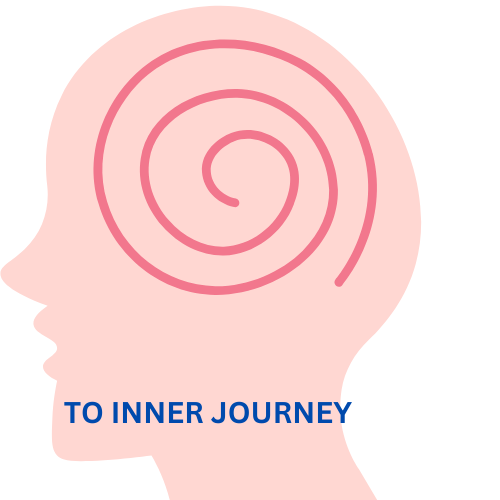
We often wonder whether rebirth is real or just a collection of stories passed down through generations. Let’s take a moment to explore and reflect on some thought-provoking points that support the possibility of rebirth.
1. We are all different—not just now, but since birth.
From the moment we’re born, we exhibit unique personalities, preferences, and behaviors. But why are we different if we’ve never been in this world before? When did the experiences or impressions form that made us this way? If not in this life, could they be remnants of a past birth? This possibility opens the door to the idea that rebirth might explain these early individual differences.
2. We are born to different parents, in different places, and under different circumstances.
Some of us are born into wealth, while others face poverty. Some are blessed with loving families, while others face hardship from the beginning. Why this disparity? Why this apparent partiality in how life begins for each of us? One explanation could be rebirth—perhaps our current circumstances are linked to actions or experiences from a previous life.
3. We all have different strengths and weaknesses.
Some people are naturally gifted in music, others in mathematics, and some in leadership. But when did we acquire these traits if not in this lifetime? If we haven’t consciously practiced or developed them in our current life, perhaps they are carryovers from a past life. This idea aligns with the belief in rebirth, where the soul accumulates experiences and evolves through multiple lifetimes.
The Concept of Rebirth
Rebirth, also known as reincarnation, is a central belief in many religious and philosophical systems, particularly in Hinduism, Buddhism, Jainism, and certain Western mystical traditions. According to these belief systems, the soul undergoes multiple births and deaths, progressing spiritually through each cycle.
Research into Rebirth
Ian Stevenson’s Studies: Dr. Ian Stevenson, a psychiatrist at the University of Virginia, extensively documented cases where children claimed to remember past lives. In many instances, the children had birthmarks or physical traits that matched injuries or marks on the deceased individuals they claimed to have been. Although these cases are considered suggestive, Stevenson acknowledged they do not constitute definitive proof of rebirth.
Jim Tucker’s Investigations: Continuing Stevenson’s work, Dr. Jim Tucker studied similar cases of children who reported memories of previous lives. In some cases, the children displayed behaviors, fears, or talents that correlated with the lives they claimed to remember. Tucker believes that these stories deserve serious scientific investigation into the possibility of rebirth.
Scientific Perspective
The scientific community remains divided on the reality of rebirth. Many critics argue that the evidence is mostly anecdotal and lacks empirical support. Factors such as false memories, suggestive questioning, and cultural influence could explain some reported cases. Moreover, there is currently no known scientific mechanism to explain how consciousness could transfer from one body to another, making the theory of rebirth hard to verify with existing scientific methods.
Conclusion
While definitive proof of rebirth is still lacking, many compelling cases and philosophical arguments suggest it may be a real phenomenon. Whether one accepts the idea of rebirth often depends on personal, spiritual, or cultural beliefs. Until science can fully explain human consciousness and individuality, the possibility of rebirth remains an open and fascinating question.

